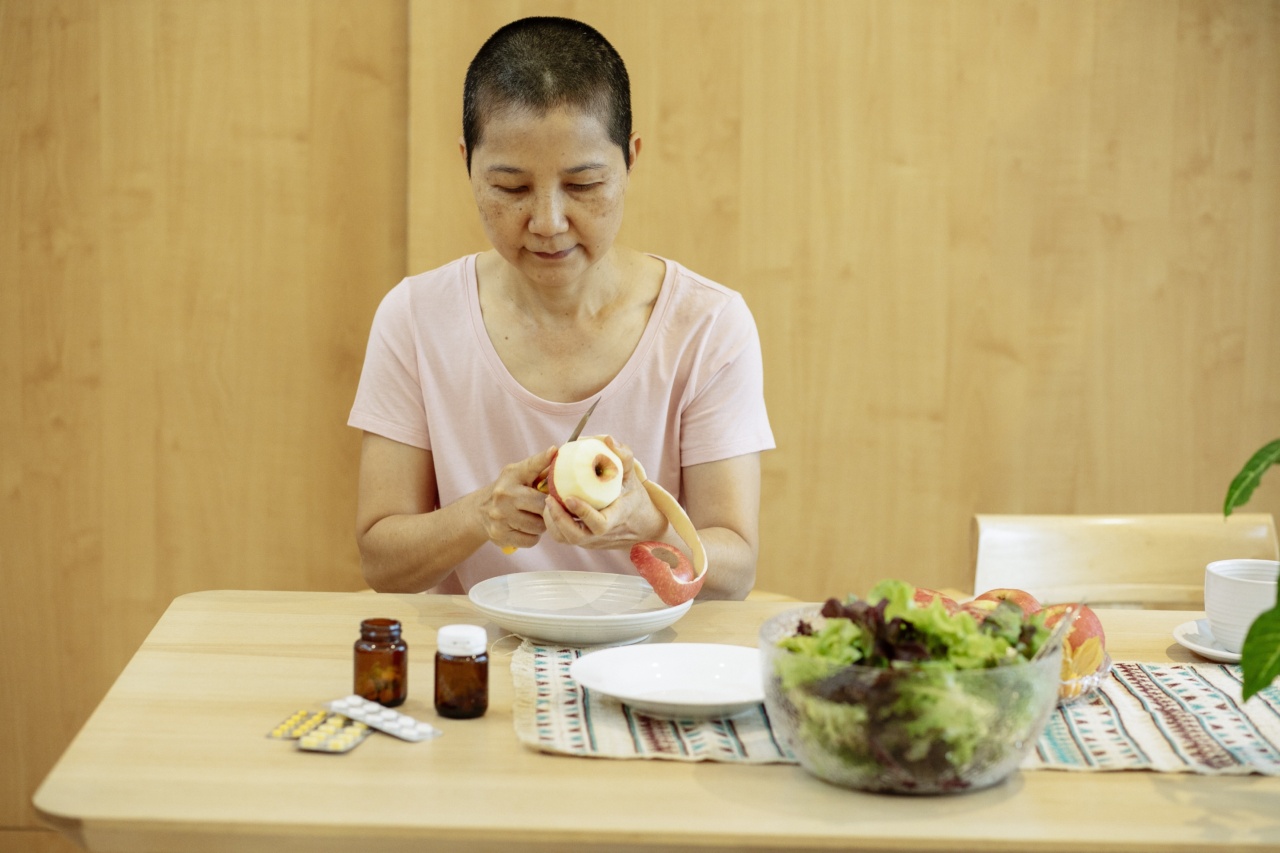Vitamin D is an essential nutrient that plays a crucial role in maintaining overall health. Over the years, numerous studies have been conducted to investigate the potential link between vitamin D levels and cancer protection.
In this article, we will explore the facts surrounding this topic and shed light on how adequate vitamin D levels may contribute to reducing the risk of cancer.
The Importance of Vitamin D
Vitamin D, often referred to as the “sunshine vitamin,” is unique compared to other vitamins, as our body can produce it through the exposure of our skin to sunlight.
It also occurs naturally in a few foods, such as fatty fish (salmon, mackerel, and sardines) and egg yolks, and is added to certain fortified products like milk and cereals. The primary role of vitamin D is to regulate calcium and phosphorus levels in the body, promoting healthy bone formation and maintenance.
Understanding Cancer
Cancer is a complex group of diseases characterized by the abnormal growth and division of cells in various parts of the body. It is one of the leading causes of death worldwide, with millions of new cases reported each year.
Cancer can develop in almost any organ or tissue, and factors such as genetic predisposition, environmental exposures, lifestyle choices, and immune function can significantly impact an individual’s susceptibility to the disease.
Vitamin D and Cancer Risk
There is growing evidence suggesting that maintaining adequate vitamin D levels may help reduce the risk of certain types of cancer.
Research has shown that vitamin D plays a role in regulating cell growth and division, as well as modulating the immune system. These mechanisms are crucial in preventing the formation and progression of cancer cells.
Breast Cancer
One of the most extensively studied areas regarding vitamin D and cancer is the association between vitamin D levels and breast cancer risk.
Several studies have indicated that higher vitamin D levels are linked to a lower risk of developing breast cancer. It is believed that vitamin D inhibits the growth of cancer cells, promotes their self-destruction, and decreases the formation of new blood vessels that supply nutrients to tumors.
Colon and Rectal Cancer
Research has also investigated the potential protective effects of vitamin D against colon and rectal cancers.
According to a meta-analysis of observational studies, individuals with higher vitamin D levels have a reduced risk of developing these types of cancers. Vitamin D may help regulate cell differentiation and proliferation in the colon and rectal tissues, preventing the development of cancerous cells.
Prostate Cancer
The relationship between vitamin D levels and prostate cancer risk has been a subject of interest. Some studies suggest that maintaining optimal vitamin D levels may contribute to a lower risk of developing prostate cancer.
It is believed that vitamin D plays a role in controlling cell growth and preventing the formation of new blood vessels in the prostate, thereby reducing the chances of cancer development.
Lung Cancer
While the research on vitamin D and lung cancer is still evolving, some studies have reported a potential inverse association between vitamin D levels and lung cancer risk.
The mechanisms underlying this connection are not yet fully understood, but it is hypothesized that vitamin D may influence cell proliferation, apoptosis, and angiogenesis in lung tissues.
Skin Cancer
Excessive sun exposure is a well-known risk factor for skin cancer, particularly melanoma. However, limited evidence suggests that vitamin D may play a dual role in skin cancer protection.
On one hand, vitamin D produced in the skin through sun exposure may have anticancer effects. On the other hand, individuals with fair skin and high sun sensitivity may need to balance sun exposure to minimize the risk of skin cancer development.
How to Maintain Optimal Vitamin D Levels
To ensure adequate vitamin D levels and potentially reduce the risk of cancer, it is essential to follow a balanced approach.
The primary source of vitamin D is sunlight, but it is crucial to protect the skin from excessive sun exposure to minimize the risk of skin damage and skin cancer. Spending a moderate amount of time outdoors, particularly during midday when the sun’s rays are strongest, can help optimize vitamin D synthesis.
In addition to sunlight, including foods rich in vitamin D in your diet is important. Fatty fish like salmon, mackerel, and sardines are excellent sources of vitamin D.
Other options include fortified dairy products, egg yolks, and certain fortified cereals. However, it may be challenging to obtain sufficient vitamin D through diet alone, especially for individuals with limited sun exposure or certain medical conditions that affect vitamin D absorption.
Supplementation is often recommended for individuals at risk of vitamin D deficiency.
Before starting any supplements, it is advised to consult with a healthcare professional to determine the appropriate dosage based on factors such as age, overall health, and existing medical conditions.
Vitamin D and Cancer – The Bottom Line
While the evidence regarding the role of vitamin D in cancer protection is promising, it is crucial to note that maintaining optimal vitamin D levels is just one piece of the puzzle.
Cancer prevention and treatment involve a holistic approach that encompasses various factors, including lifestyle choices, regular screenings, and avoiding known risk factors such as tobacco and excessive alcohol consumption.
When it comes to vitamin D and cancer, it is essential to strike a balance between obtaining adequate sun exposure, consuming vitamin D-rich foods, and considering supplementation when necessary.
By taking a proactive approach to overall health and wellness, individuals can potentially reduce their risk of cancer and enhance their well-being.





























